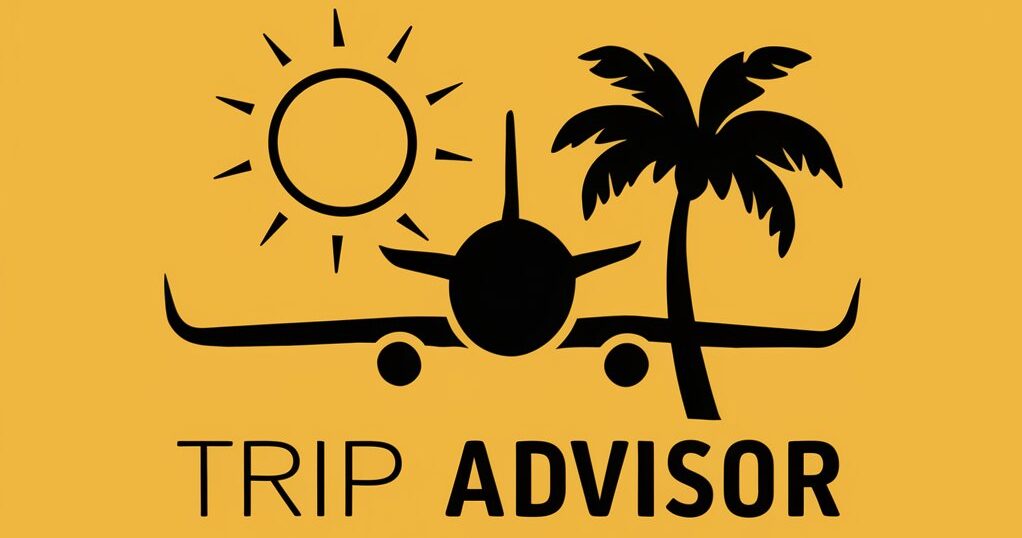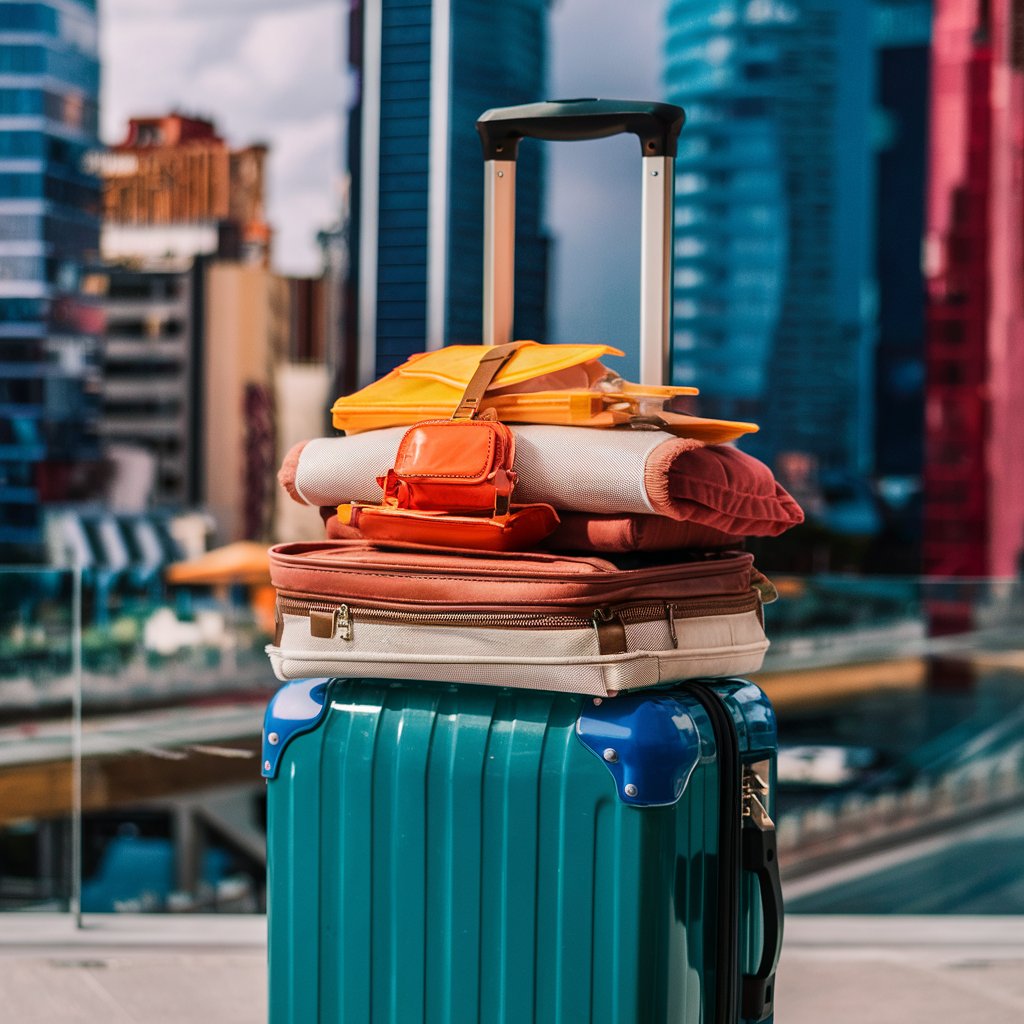Embracing budget travel opens up a world of possibilities for those who love to save money. With travel costs going up, smart travelers can use tactics to save. For example, packing light helps avoid extra bag fees and makes moving around easier and cheaper.
This way of packing also means you buy fewer souvenirs, keeping your trip affordable. Eating at local markets or with snacks from home can also stop you from spending too much at overpriced cafes.
There are more ways to save, like using credit cards that offer perks like airport lounge access. These perks can include free food, which is great for budget travelers. It’s also smart to plan your travel times well to avoid spending more on transport.
Travel credit cards can offer more than just points. They can give you free lounge access, lower fees, and even reimbursements for things like TSA PreCheck. Using hotel night certificates can get you a free stay, making your trip even more affordable.
Booking hotel rooms with points can also save you money by avoiding resort fees. This way, you can enjoy your stay without spending a lot.
Key Takeaways
- Traveling during off-peak seasons can lead to cheaper hotels and flights.
- Renting an apartment can be significantly cheaper than staying at a hotel, especially for larger groups or extended stays.
- Rewards credit cards, such as the Marriott Bonvoy Boundless® Credit Card, offer Free Night Awards annually.
- Booking hotels on points with programs like Hilton Honors and World of Hyatt can help avoid resort fees.
- 94% of TSA PreCheck passengers waited less than five minutes in December 2021, highlighting the value of time-saving travel perks.
Packing Smart and Light
Learning how to pack smart is key for budget travelers. It saves money and makes traveling more fun. Choosing lightweight luggage is a big part of this.
Avoiding Checked Bag Fees
To avoid extra fees for checked bags, pick your luggage and packing items carefully. Rick Steves suggests a 20-pound carry-on that’s easy to move around with. Folding and rolling clothes into packing cubes saves space and keeps things tidy. Packing light also lowers the chance of losing or damaging your luggage.
Use light luggage like backpacks or suitcases made of less heavy materials. Aim to keep your luggage under 10kg (22 lbs) for any trip. This approach saves money on flights, especially for long trips.
By avoiding extra fees for heavy or checked bags, you can save a lot on flights. This is especially true for flights that cover long distances.
Choosing Versatile Clothing
Choosing versatile outfits is crucial for packing smart. Pack clothes that can be easily washed and dry quickly. This makes your luggage lighter and suitable for different places you’ll visit.
Having fewer outfits means you can change for day and night without packing more. Pick one pair of shoes that goes with everything you pack. This saves space and money.
Here’s a list of clothes you might consider packing:
| Item | Quantity |
|---|---|
| Shirts | 5 |
| Underwear | 7 |
| Pants | 3 |
| Socks | 7 pairs |
| Outerwear | 1 |
Using clothes that can be worn in different ways makes traveling easier. Compression packing cubes help save space and stay organized. Wearing your heaviest items on the plane saves space in your luggage.
By only packing what you really need, you make your trip more enjoyable and cost-effective.
Planning Your Travel Wisely
Planning your trip well can really help save money, especially on flights and places to stay. Booking early can get you better prices and more choices. Airlines and hotels often offer special deals for booking ahead.
Experts say booking domestic flights a month early and international ones 2-4 months early can save you a lot of money.
Booking Early
Booking early is a smart move to avoid high prices later. Flights are cheaper when booked ahead, and the best deals are often found by skipping busy days like Fridays and Sundays. Keeping an eye on your spending and cutting back can also save a lot over time.
Traveling During Off-Peak Seasons
Traveling during off-peak times can save you money. For example, September and November in Hawaii or April and May in Florida are great times to go. The crowds are smaller, and prices for flights and places to stay are lower.
By choosing off-peak times, you can have a more relaxed trip with fewer people around and maybe even get discounts. Saving for 16 months and planning a budget of $1,500 a month for long trips can make your travel both affordable and fun.

